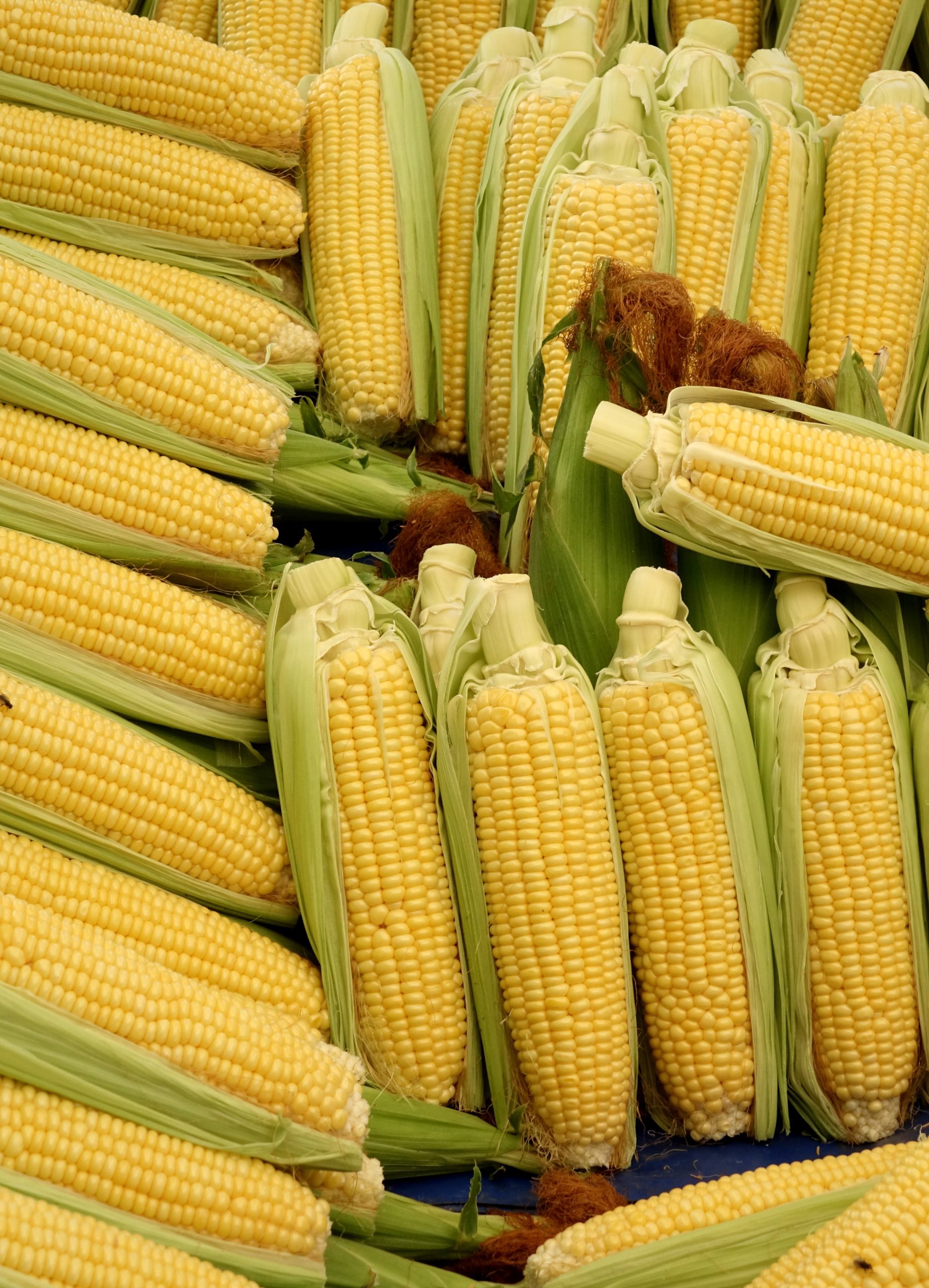While corn growers face a welter of conflicting signals for farm policy in President-elect Donald Trump’s recent cabinet picks, the commodity price environment could ease as drought lessens in the United States, and forecast weather conditions become worse for competitor corn-exporting nations.
During this last election cycle, of the 216 candidates for public office supported by CornPAC, more than 90% were elected. Trump received strong support across the farm belt, winning all but two important farm states. (Above photo courtesy of Pixabay, Semevent.)
Some of his recently announced cabinet picks have generated mixed reactions in farm country, though.
In response to Trump’s nomination of Brooke Rollins to lead the U.S. Department of Agriculture, Geoff Cooper, president and CEO of the Renewable Fuels Association, said, “We congratulate Ms. Rollins on her nomination as the next USDA secretary and share her vision for boosting America’s agriculture sector and rural communities. Over the past two decades, renewable fuels like ethanol have stimulated unprecedented economic growth and prosperity in the farm economy, and we hope to build upon that success with Ms. Rollins. We look forward to speaking with her about the close ties that bind renewable fuels to our nation’s farm communities. The ethanol industry is deeply rooted on the American farm, and we are eager to continue our long and successful partnership with the experienced leaders and staff of the U.S. Department of Agriculture.”
The measured, careful statement reflected reservations among the renewable fuel community and corn growers about what this appointment might mean. Ethanol consumes about 40% of the annual corn crop. Trump’s ethanol record was mixed during his previous term. Energy analyst Robert Rapier has written that the ethanol industry was “under siege.”
While Trump supported increasing the blend limits for ethanol to 15% year-round, his Environmental Protection Agency also issued many “hardship waivers” to oil refiners from the Renewable Fuel Act’s blend mandates—waivers that reduced the value of RFS tax credits.
Statements from ag leaders on the Rollins’ nomination ranged from positive to cautious and measured. Sen. Rick Scott (R-Florida), a big supporter, said, “I have no doubt [she] will work tirelessly to deliver for our farmers and ranchers.”
Sens. Chuck Grassley (R-Iowa) and Joni Ernst (R-Iowa) also were supportive, as was top ag Republican Sen. John Boozman (Arkansas). Zippy Duvall, president of the American Farm Bureau Federation, said the group was “encouraged by her statement that she’d ‘fight for America’s farmers and our nation’s agricultural communities.’ ”
National Farmers Union President Rob Larew said he was “hopeful her rural roots instilled in her the important role family farmers and ranchers play in supporting our nation’s economy.”
Rollins does indeed have rural roots; she comes from a farm family, was a member of Future Farmers of America and 4H in her youth and has a degree in agricultural development. Her adult career has been spent as a conservative policy wonk with no special focus on farm issues. She founded and led two conservative think tanks and directed the Domestic Policy Council during Trump’s first administration.
Some media outlets have described her nomination as a “surprise” for ag groups and have reported that the selection was the subject of intense infighting.
One of the most important questions ag groups have is to what extent a new secretary of agriculture might push back against Trump’s nominee for secretary of health and human services, Robert F. Kennedy, Jr., son of the late senator and nephew of former President John F. Kennedy. RFK, as he is known, has said he would “make America healthy again” and has promised to protect Americans from “harmful chemicals, pollutants, pesticides, pharmaceutical products and food additives.”
He has called use of agro-chemicals a “mass poisoning.” As an environmental lawyer, Kennedy helped win a $290 million verdict in 2018 in a Roundup lawsuit against Bayer over glyphosate. His statements on agricultural chemicals have concerned corn growers, who are coming off a bad year with tar spot that has reduced yields in fields untreated with fungicides. Kennedy was reported to have had a big influence on the selection process for secretary of agriculture.
Tariffs are another hot topic. During Trump’s first term, soybean farmers, in particular, were hit hard by China’s retaliatory tariffs, which triggered support payments to U.S. soybean growers of more than $5.4 billion. The Agriculture Department estimated that China’s retaliation caused more than a $27 billion loss in U.S. agricultural exports, or $13.2 billion from mid-2018 to the end of 2019, almost all to China.
Even though China never completely fulfilled its obligations under the Phase I trade agreement of 2020, American exports of beef and pork to China surged under the COVID crisis and China’s swine fever epidemic. Since then, however, Brazil has overtaken the U.S. as China’s top supplier of soybeans, and China has increased its deals in South America as it seeks to shield itself from future tariff disputes. Significantly, China recently approved Brazil as a sorghum exporter, at a time when Brazil hardly exports any sorghum at all. About 60% of the U.S. sorghum crop goes to China, of which half is used in the production of baijiu, a popular Chinese alcoholic beverage. A similar approval of Brazil for soybeans quickly led to Brazil becoming China’s top supplier.
Despite tariff threats, some economists see positive signs ahead for commodity prices. Guy Allen, senior economist in the International Grains Program at Kansas State University, foresees commodity prices benefiting from projected dry and hot conditions in the coming year for corn and soybean producers in South America, Africa and Europe due to shifts in El Niño weather patterns, while drought conditions ease in North America.
David Murray can be reached at [email protected].




